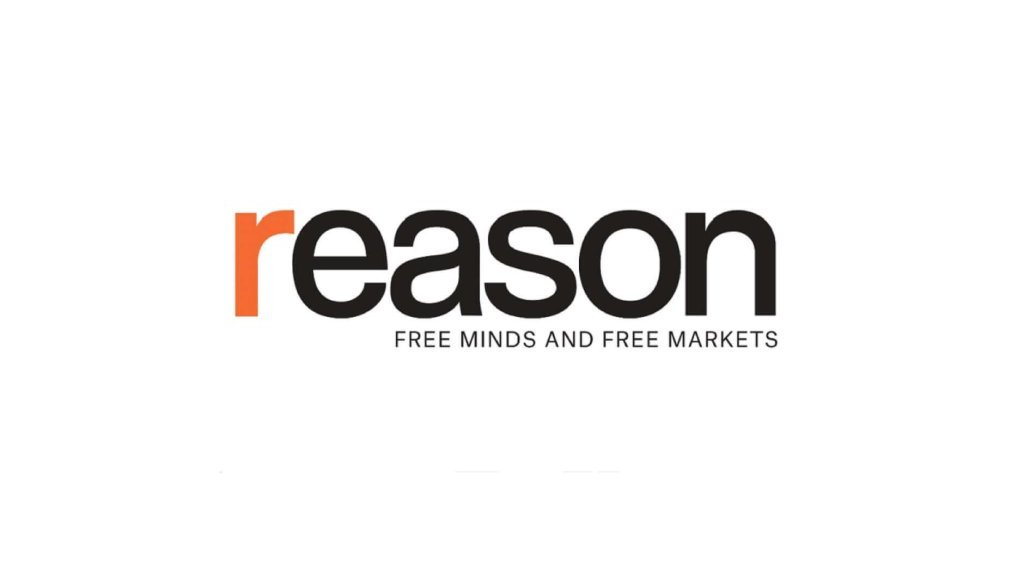Third Circuit: No Establishment Clause Violation in School Lessons on Islam
From Hilsenrath v. School District of the Chathams, decided yesterday by the Third Circuit (Judge Thomas Hardiman, joined by Judge Arianna Freeman):
During the 2016–2017 school year, C.H. was a seventh-grade student at Chatham Middle School. He was enrolled in a mandatory World Cultures and Geography class taught in part by long-term substitute Christine Jakowski. The class canvassed world regions to help students “gain a greater sense of the world around them” and “become active and informed global citizens.” Many resources for the class, such as “calendars, handouts, assignment and project directions, and grading guidelines,” were located on Google Classroom.
The class was organized into seven units, six of which focused on a different region of the world. Within each of these units, students explored the history and culture of the highlighted region, which sometimes included studying its predominant religion. During the Latin America unit, students learned about Christianity. And in the East Asia unit, students viewed PowerPoint slides and videos about Buddhism and Hinduism. The curriculum implemented state standards, including that students will be able to “[c]ompare and contrast the tenets of various world religions.”
Students encountered Islam during two class periods within the “Middle East and North Africa” (MENA) unit, both taught by Ms. Jakowski. The first lesson was presented through a set of PowerPoint slides entitled “Teaching Critical Thinking[:] Making Generalizations with Content.” That presentation instructed students that “[a] generalization is a broad, universal statement of understanding based on specific facts and data” and cautioned that “[s]ome are valid” and “others are invalid or faulty.” To test students’ understanding, the final slide directed them to identify generalizations in a hyperlinked YouTube video and to label them either “valid or faulty.”
That five-minute video, entitled “Intro to Islam,” contains images and written text. Instead of a voiceover, the video features background music and Arabic chants. The first half of the video alternates between quotations from the Quran and a series of questions and answers about Islam, including:
- “What is Islam?” “Faith of divine guidance for Humanity, based on peace, spirituality and the oneness of God.”
- “Who is Allah?” “Allah is the one God who created the heavens and the earth, who has no equal and is all powerful.”
- “Who is Muhammad (S)?” “Muhammad (Peace be upon him) is the last & final Messenger of God. God gave him the Noble Quran.”
- “What is the Noble Quran?” “Divine revelation sent to Muhammad (S) last Prophet of Allah. A Perfect guide for Humanity.”
- “What does history say about Islam?” “Muslims created a tradition of unsurpassable splendor, scientific thought and timeless art.”
After about two minutes, the video turns to a discussion of “Islamic Art and Architecture,” as well as other Muslim contributions to society. Finally, text on the last substantive slide reads “May God help us all find the true faith, Islam … Ameen.”
The second class in the MENA unit introduced students to “the 5 Pillars of Faith” and the “impact/significance of them in the Muslim culture.” This lesson included a different PowerPoint presentation, entitled “Introduction to Islam.” The slides gave students a broad overview of Islam, including: the symbol of Islam; key figures in Islam; the Quran; demographic statistics about Muslims; and a summary of the Five Pillars of Islam. The slid
Article from Reason.com

The Reason Magazine website is a go-to destination for libertarians seeking cogent analysis, investigative reporting, and thought-provoking commentary. Championing the principles of individual freedom, limited government, and free markets, the site offers a diverse range of articles, videos, and podcasts that challenge conventional wisdom and advocate for libertarian solutions. Whether you’re interested in politics, culture, or technology, Reason provides a unique lens that prioritizes liberty and rational discourse. It’s an essential resource for those who value critical thinking and nuanced debate in the pursuit of a freer society.




